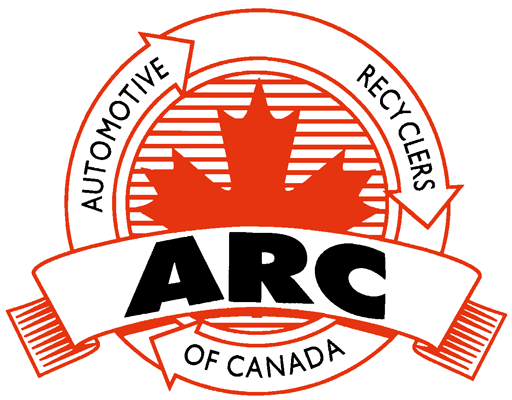This year marks the 10th year since the introduction of Japan’s Automobile Recycling Law. The law, which governs a delicate system developed by both the government and industry, has played an important role in building a recycling society. On the other hand, major recyclers and groups consider believe the Japanese market will taper in the future, and are seeking to develop their business overseas, based on the advantages of their meticulous management of parts and highly skilled dismantling techniques.nnOverseas business on the risenTouting it as probably “the first attempt in the world,” major recycler Kaiho Sangyo Co. started auctioning recycled auto parts in Sharjah of the United Arab Emirates lastnnDecember. Now, approximately 70 percent of the company’ s sales come from overseas. Although used vehicle auctions are well established in Japan, auctions for used car parts are rare anywhere in the world.nnJapanese-made auto parts are highly reliable. Japanese recycled parts are also very popular in the Middle East, Caribbean, and Central Asia. Many buyers still visit Japan to get such parts. Currently, the trade of such parts between overseas buyers and Japanese dismantlers, however, is mostly done through direct negotiation. “It is a buyers’ market,” sighed Norihiko Kondo, president of Kaiho Sangyo. In order to build a fair and open priced market, Kondo decided to hold parts auctions. Sharjah is a center of trade in auto parts, where 7,000 to 8,000 traders do business. From its foothold in Sharjah, Kaiho Sangyo aims to further develop its business in other areas.nnEco R Co. of Ashikaga City, Tochigi Prefecture, is engaged in auto parts trade with 50 buyers from countries. Its sales from overseas trade have increased by a factor of 20 in a decade. The company currently sources used engines from Japan and ships them to Malaysia for disassembly and sale. Showa Metal Co. of Koshigaya City, Saitama Prefecture, jointly with Toyota Tsusho Corporation, is engaged in the operation of an automobile recycling plant in Beijing, China, which was built as a model plant.nnAcceleration in recycling overseas seen as opportunitynThere is another reason recyclers are looking overseas. Declining birth rates in Japan mean new vehicle sales are falling, thus “the generation of EL Vs will eventually decline,” according to a recycled parts sales group. On the other hand, used vehicle exports in 2014 increased 10.3 percent from a year earlier to 1,283,390 units, marking a record-high volume after the 2008 global financial crisis and underlines the flow away from Japan of vehicles to overseas. Keeping an eye on such a change in their business environment, recyclers began to make moves to secure customers for their parts.nnIndustry observers view the accelerating trend of recycling overseas to be good opportunity. In line with this, Japan’s Ministry of Economy, Trade and Industry (METI), and the Ministry of Environment have taken up for the first time the subject of “international development of auto recycling” as part of discussions from this summer for review of the Automobile Recycling Law. METI’s Automobile Bureau notes that, among members of the Association of Southeast Asian Nations, “development of auto recycling-related laws is on the verge of moving forward in some countries.” The need for law-making toward a recycling society is highly expected even in emerging economies.nnResponding to calls from the industry, such as Japan Automotive Recyclers Association’ Chairman Shigeru T enmyo’ s statement that “We want to export Japan’s recycling system”, the two ministries began to look overseas. “e need to consider how we can contribute to other countries based on our experience in Japan.”nnJARA Corporation’s President Sosho Kitajima said, “From now on, it is important to communicate our know-how to trainees from overseas and to distribute training materials to them.”nnThe time has come to draw on experiences and efforts taken uniformly by Japanese industry, government, and academia. Globalization of auto recycling has begun to roll forward with big potential.n
Japan’s automotive recycling industry is facing a wave of globalization
– – Daily Automotive News, May 18 issue via Japan Automobile Recycle Network News
